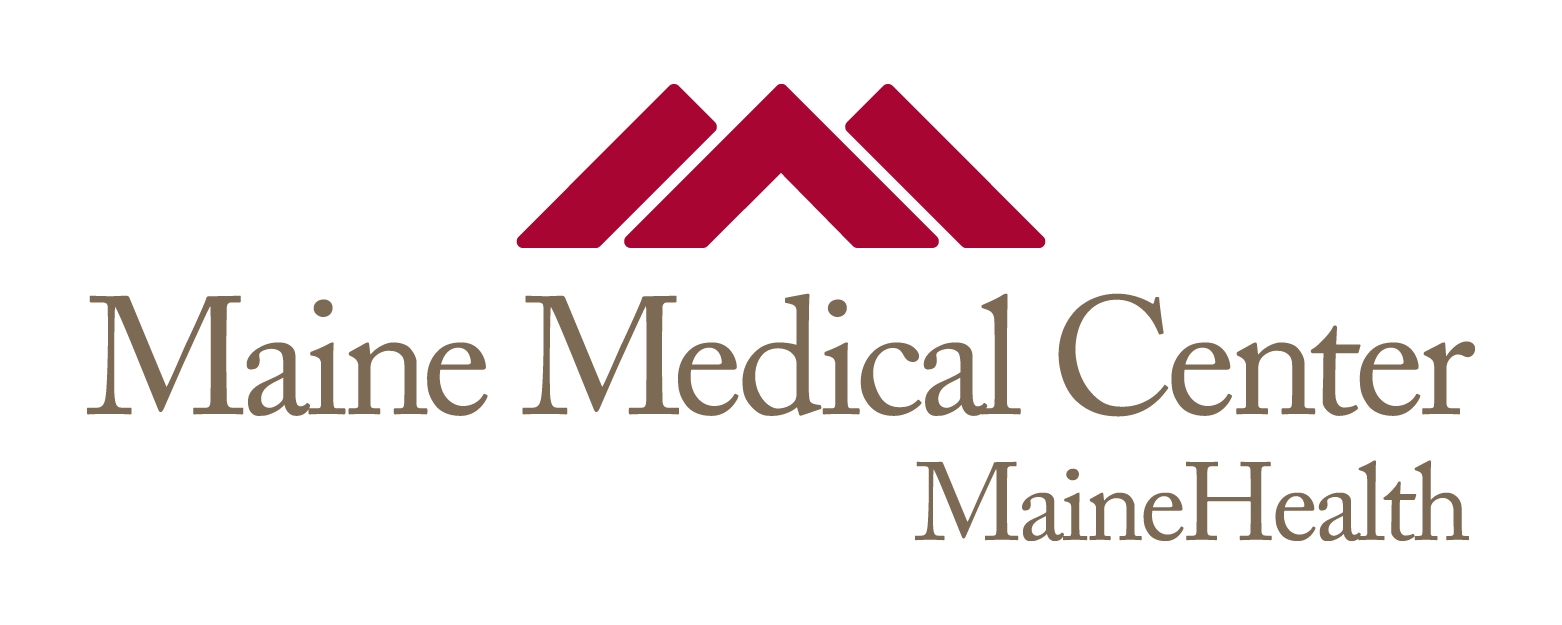Deep brain stimulation for obsessive-compulsive disorder: systematic review and evidence-based guideline sponsored by the American Society for Stereotactic and Functional Neurosurgery and the Congress of Neurological Surgeons (CNS) and endorsed by the CNS and American Association of Neurological Surgeons.
Document Type
Article
Publication Date
10-1-2014
Institution/Department
Neurology, Surgery
Journal Title
Neurosurgery
MeSH Headings
Deep Brain Stimulation, Female, Guidelines as Topic, Humans, Male, Middle Aged, Obsessive-Compulsive Disorder, United States
Abstract
BACKGROUND: It is estimated that 40% to 60% of patients with obsessive-compulsive disorder (OCD) continue to experience symptoms despite adequate medical management. For this population of treatment-refractory patients, promising results have been reported with the use of deep brain stimulation (DBS).
OBJECTIVE: To conduct a systematic review of the literature and develop evidence-based guidelines on DBS for OCD.
METHODS: A systematic literature search was undertaken using the PubMed database for articles published between 1966 and October 2012 combining the following words: "deep brain stimulation and obsessive-compulsive disorder" or "electrical stimulation and obsessive-compulsive disorder." Of 353 articles, 7 were retrieved for full-text review and analysis. The quality of the articles was assigned to each study and the strength of recommendation graded according to the guidelines development methodology of the American Association of Neurological Surgeons/Congress of Neurological Surgeons Joint Guidelines Committee.
RESULTS: Of the 7 studies, 1 class I and 2 class II double-blind, randomized, controlled trials reported that bilateral DBS is more effective in improving OCD symptoms than sham treatment.
CONCLUSION: Based on the data published in the literature, the following recommendations can be made: (1) There is Level I evidence, based on a single class I study, for the use of bilateral subthalamic nucleus DBS for the treatment of medically refractory OCD. (2) There is Level II evidence, based on a single class II study, for the use of bilateral nucleus accumbens DBS for the treatment of medically refractory OCD. (3) There is insufficient evidence to make a recommendation for the use of unilateral DBS for the treatment of medically refractory OCD.
ISSN
1524-4040
First Page
327
Last Page
333
Recommended Citation
Hamani, Clement; Pilitsis, Julie; Rughani, Anand I; Rosenow, Joshua M; Patil, Parag G; Slavin, Konstantin S; Abosch, Aviva; Eskandar, Emad; Mitchell, Laura S; and Kalkanis, Steven, "Deep brain stimulation for obsessive-compulsive disorder: systematic review and evidence-based guideline sponsored by the American Society for Stereotactic and Functional Neurosurgery and the Congress of Neurological Surgeons (CNS) and endorsed by the CNS and American Association of Neurological Surgeons." (2014). Maine Medical Center. 227.
https://knowledgeconnection.mainehealth.org/mmc/227




Comments
Neuroscience Institute, Maine Medical Center.